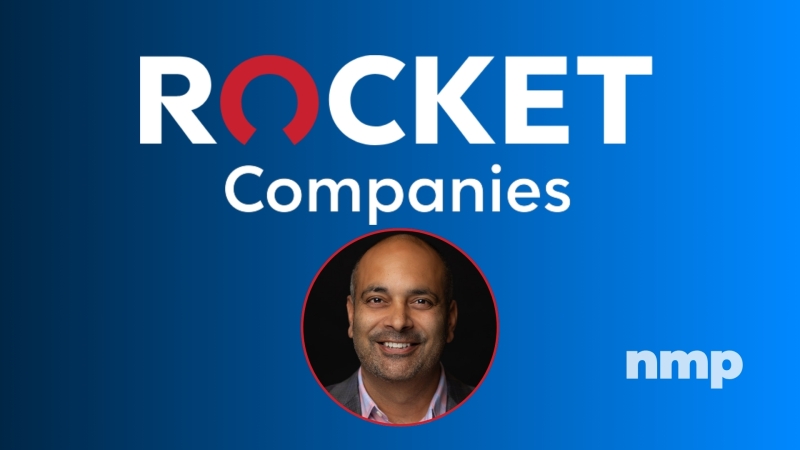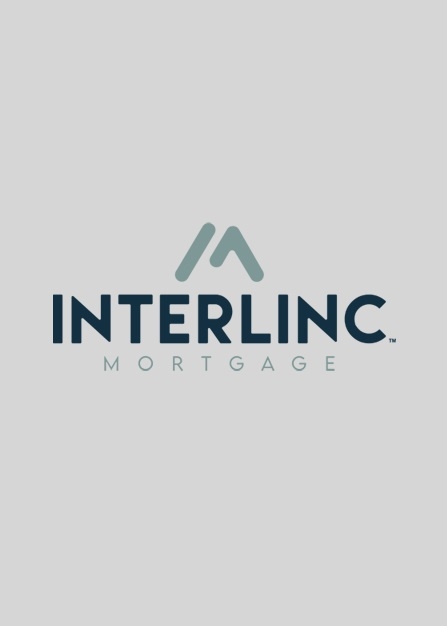
Unlocking $1 Trillion Opportunity: 2.7 Million Potential Home Buyers Identified with New Credit Scoring Model

VantageScore urges lenders to swiftly adopt updated scoring models ahead of 2025 regulatory requirement to tap into underserved markets.
A huge pool of 2.7 million potential home buyers await lenders who adopt the new scoring models in 2025 as required by regulators, according to a white paper released Monday by VantageScore at the Mortgage Bankers Association’s annual convention in Philadelphia.
The paper, which urged lenders to “move swiftly” in incorporating the latest 4.0 version of the VantageScore model, said the untapped group of possible borrowers represents as much as $1 trillion in new business.
For comparison, MBA Deputy Chief Economist Joel Kan said Monday that origination volumes in 2024 should reach $1.95 trillion, a jump of 19% from $1.69 trillion this year, and move still higher in 2025 to $2.25 trillion.
A year ago, the Federal Housing Finance Agency said it would require Fannie Mae and Freddie Mac to use VantageScore 4.0 and FICO’s new 10-T model as part of their approval processes, introducing what Tony Hutchinson, VantageScore’s senior vice president of industry and government relations, says will “open the door” to would-be homeowners who are not scored by existing but “outdated” scoring models.
4.0 has been in the market since 2017 and is used by more than 3,000 banks, fintechs, credit unions, and others to assess consumer creditworthiness. Last year, it was used more than 19 billion times, representing a 30% annual increase in business for the Stamford, Conn., company.
But until the FHFA gave it the OK, VantageScore has had difficulty penetrating the mortgage sector, which FICO, formerly Fair Isaac, has dominated. “Outdated” is how the white paper called scoring programs currently in use in the housing finance business.
Even though new and innovative scoring models like 4.0 have found little traction in the mortgage arena, VantageScore has consistently monitored the performance of its model in housing finance. According to the white paper, 4.0's predictive performance registered roughly midway between strong accuracy and perfect predictive value in its most recent assessment.
Most of the consumers who would qualify for a home loan under 4.0 are either “dormant” or “newly scorable,” according to the report. Traditional scoring systems pretty much ignore both groups.
Dormant consumers, which account for 91% of the unscored population with scores above 620, are infrequent users of credit but have activity beyond the normal six-month threshold. For example, a consumer who prefers to use cash but paid off a car loan eight months ago, paying on time every month, would be scored by 4.0 but not by the FICO model traditionally used in the mortgage business today.
The other 9% are new to credit or have “young” credit files. This group has established credit but their files are less than six months old. They receive a score from 4.0 on the day a tradeline is reported. About three-quarters of them also have a score of 620 or higher because they, too, pay on time.
To score these consumers, 4.0 uses non-traditional statistical methods. The company’s data scientists apply machine learning techniques that it says are “at the forefront” of artificial intelligence to identify the criteria that best predict future default.
To test the model, VantageScore compared 4.0 to conventional scoring models and found that predicted default rates were similar. “Therefore,” the paper says, “lending decisions can be consistent for newly and conventionally scorable consumers.”
Though the FHFA has set a 2025 date as a deadline for mortgage lenders to incorporate the new programs, the agency is asking all originators to place 4.0 and FICO’s new 10-T program along side the” traditional FICO model by the third quarter of next year.
That way, lenders will have time to “get their internal plumbing systems in order,” Hutchinson told National Mortgage Professional at the MBA convention.
One major lender has already incorporated 10-T into its system, and VantageScore expects some of its customers to do the same with 4.0 “soon,” Hutchinson said. Those who do so sooner than the legislated deadline will have a leg up on those who wait until the last minute, he warned.
Both new scoring models are “trended” systems, whereas the FICO score now used by most lenders is based on a predictive snapshot of a borrower’s credit record on any given day and often exclude of otherwise creditworthy people.
Hutchinson said his company’s research found that areas with lower numbers of conventionally scorable consumers were those inhabited largely by minorities with lower incomes, higher rental rates and limited access to brick-and-mortar banks.




